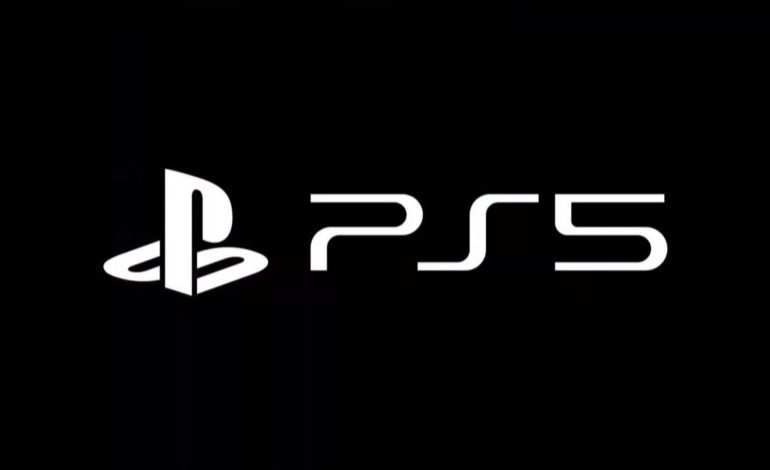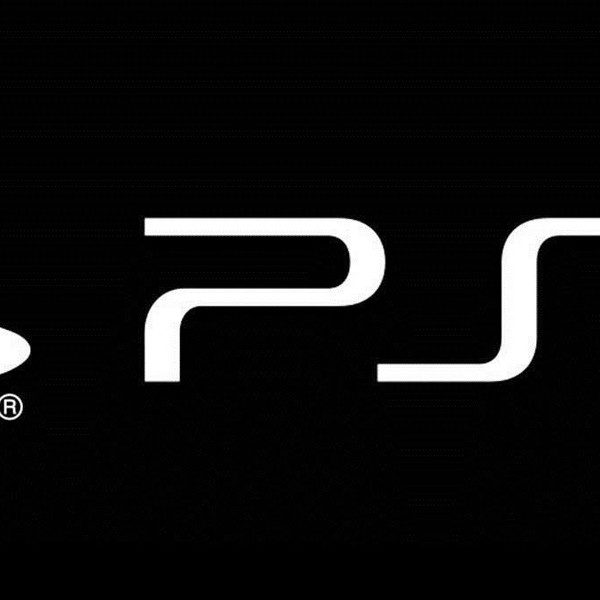

Today, Sony released “The Road to PS5“, a 50-minute video where Mark Cerny revealed the technical specs and details that PlayStation has in mind for the next generation. Throughout the presentation, Mark Cerny touched upon three objectives that he has in mind for PlayStation 5 and how the technical specs of the hardware will help achieve their goals. The three goals that Mark Cerny talked about were: listening to developers, balancing evolution and revolution, and finding new dreams.
One of the biggest things that developers asked for as Mark Cerny was developing the PlayStation 5 was an SSD. As Cerny explains in the video, “to me, the SSD really is the key to the next generation. It’s a game-changer and it was the number one ask from developers for PlayStation 5.” The SSD allows for several new features that have already been revealed with patents such as the lack of loading screens. In addition, PlayStation 5’s new custom GPU allows for things such as ray tracing which simulates the way light moves in real life. Xbox Series X will also support ray tracing.
One of the other things that were brought up during the presentation was an effort to save more energy compared to the PlayStation 4. This is part of the idea behind evolution and revolution. Revolution brings in new features such as ray tracing and the ability to do things at a higher efficiency meaning more power will not be consumed and can be utilized in other areas. Other new features include the geometry engine which allows for more programmatic control of things.
Evolution comes in the form of things such as backwards compatibility. Before, with the PlayStation 3, the PlayStation 2 chipset was inside the PS3 which is how PlayStation 2 games were able to be played. Now, it sounds like it will be similar to how Xbox does backwards compatibility in that when you are playing a PlayStation 4 game, the PlayStation 5 will go into a PlayStation 4 or PlayStation 4 Pro mode depending on the game. At launch, almost all of the top 100 PlayStation 4 games will be playable at launch for PlayStation 5. Testing has been done and is still ongoing with more games being available over time.
The third objective that Mark Cerny discusses in the presentation is finding new dreams. With that in mind, the PlayStation 5 will offer a deeper sense of immersion through 3d audio. A newly designed and custom-built engine will deliver “a compelling audio experience for all users”, not just those with a high-end speaker system or headphones. You’ll be able to hear small little details such as raindrops hitting the different surfaces and know exactly where enemies are at and where they’re coming from.
Here is a full rundown of the specs for PlayStation 5:
| CPU | x86-64-AMD Ryzen™ “Zen 2” |
| 8 Cores / 16 Threads | |
| Variable frequency, up to 3.5 GHz | |
| GPU | AMD Radeon™ RDNA 2-based graphics engine |
| Ray Tracing Acceleration | |
| Variable frequency, up to 2.23 GHz (10.3 TFLOPS) | |
| System Memory | GDDR6 16GB |
| 448GB/s Bandwidth | |
| SSD | 825GB |
| 5.5GB/s Read Bandwidth (Raw) | |
| PS5 Game Disc | Ultra HD Blu-ray™, up to 100GB/disc |
| Video Out | Support of 4K 120Hz TVs, 8K TVs, VRR (specified by HDMI ver.2.1) |
| Audio | “Tempest” 3D AudioTech |
Play games, take surveys and take advantage of special offers to help support mxdwn. Every dollar helps keep the content you love coming every single day.

